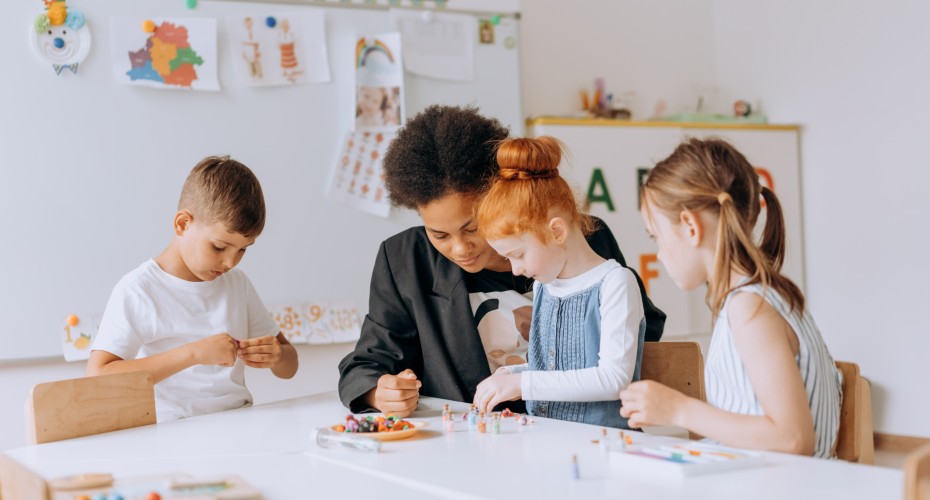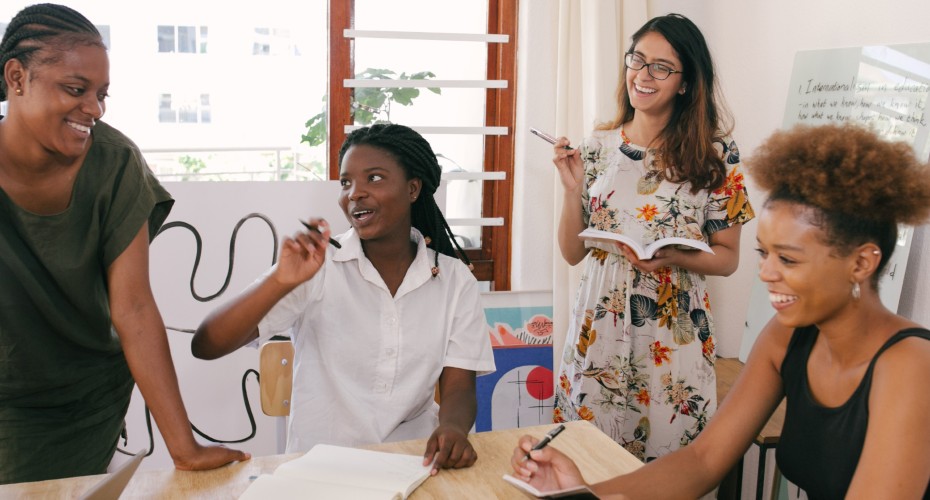2023 Mental Health
Removing Mental Health Help-Seeking Barriers for Children and Young People: Enhancing Understanding about Mental Health Difficulties and Accessing Support
Challenge Overview
Mental health difficulties affect all parts of society and given the impact of the recent Covid pandemic alongside the worsening ‘cost of living’ crisis, prevalence is likely to increase. However, whilst having potential to have an impact on us all, children and young people are increasingly affected with 50% of mental health problems established by the age of 14 and 75% by the age of 24. 20% of children and young people may experience a mental health problem in any given year, so it is concerning that 70% do not receive an evidence-based psychological intervention at an early age. Reasons why young people may not access treatment include difficulties getting a referral, family circumstances such as living in rural areas or loss of wages, negative attitudes towards services and treatment and poor understanding of mental health problems or ways to access support.
This Grand Challenge focuses on how to improve young people's (including University students) understanding of mental health problems and to address any barriers to accessing support they may face. Given the significant impact that stigma may have on help-seeking, thinking outside the box is positively encouraged. Student projects created during the programme have potential to inform local, regional and national initiatives in this area at the level of the school or University. If you have an interest in mental health, working with children or young people, education or simply an ability to think outside the box this Grand Challenge is the one for you.
This challenge ran on Streatham Campus.
Speakers
Enquiry Groups
Enquiry groups are the subtopic of the challenge that students will focus on for Grand Challenges Week. These are the enquiry groups that ran on the Mental Health Challenge in June 2023:
It is generally considered that increasing mental health awareness is a positive practice. However, might it be possible for this to create unnecessary worry with children and young people about their wellbeing and their attitude to challenging experiences, such as those currently faced in schools or at university? This enquiry group will give you the opportunity to explore this further and if you consider this concern to be supported by the evidence consider potential solutions.
Professor Jonathan Parker
Social media is rapidly becoming the main platform for how we consume news and gain information, research shows this is particularly evident for those aged under 24 (Reuters, 2022). It is recognised that social media can have a significant impact on young people’s mental health and recently there has been intense scrutiny in the media about this, at times increasing pressure for greater regulation of platforms. However, social media also has the potential to have a positive role in promoting better mental wellbeing. This enquiry group will give you the opportunity to address challenges associated with navigating social media spaces and how it could be developed and engaged with to support better mental health and wellbeing.
Dr Alex Boyd
‘Neurodiversity’ refers to a community of people whose members think, behave, and learn differently compared to those who are neurotypical. Neurodiversity is an approach to education and ability that supports the idea that we are all different and have different needs and different abilities. There is an increasing understanding that neurodivergent students may sometimes find student learning situations and workplace environments more stressful and anxiety inducing than others. In this enquiry group you will be given the space to explore a range of ways to support and engage with neurodiverse students, where more traditional learning environments might present a challenge. It can give you the opportunity to think about ways to ensure students can access the right help, celebrate differences, and make all students feel welcomed and included.
Professor Hannah Sherbersky
Play therapy is used as a way to help children typically aged between 3 and 12 process their emotions and help them to describe problems they may be experiencing to adults that may be able to help. It may be helpful to address children manage a range of difficulties they may face such as problem behaviours in school, dealing with learning disabilities, cope with family difficulties or address emotions such as anxiety, depression, or grief they may be facing. Benefits include developing coping or problem-solving skills, enhancing self-esteem, learning to express emotions and develop stronger family relationships. A range of different approaches exist such as storytelling, using imagination through puppets or fancy dress, building with blocks and construction toys or expressive arts. Whilst a range of approaches exists, given the nature of Play Therapy there is considerable scope to develop more, perhaps to target specific challenges faced. This enquiry group provides you with the opportunity to apply your own discipline specific knowledge to develop an output that could be considered a Play Therapy technique for subsequent evaluation.
Professor Catherine Gallop
Meet the Academic Leads








.jpg.jpg)

.jpg)

